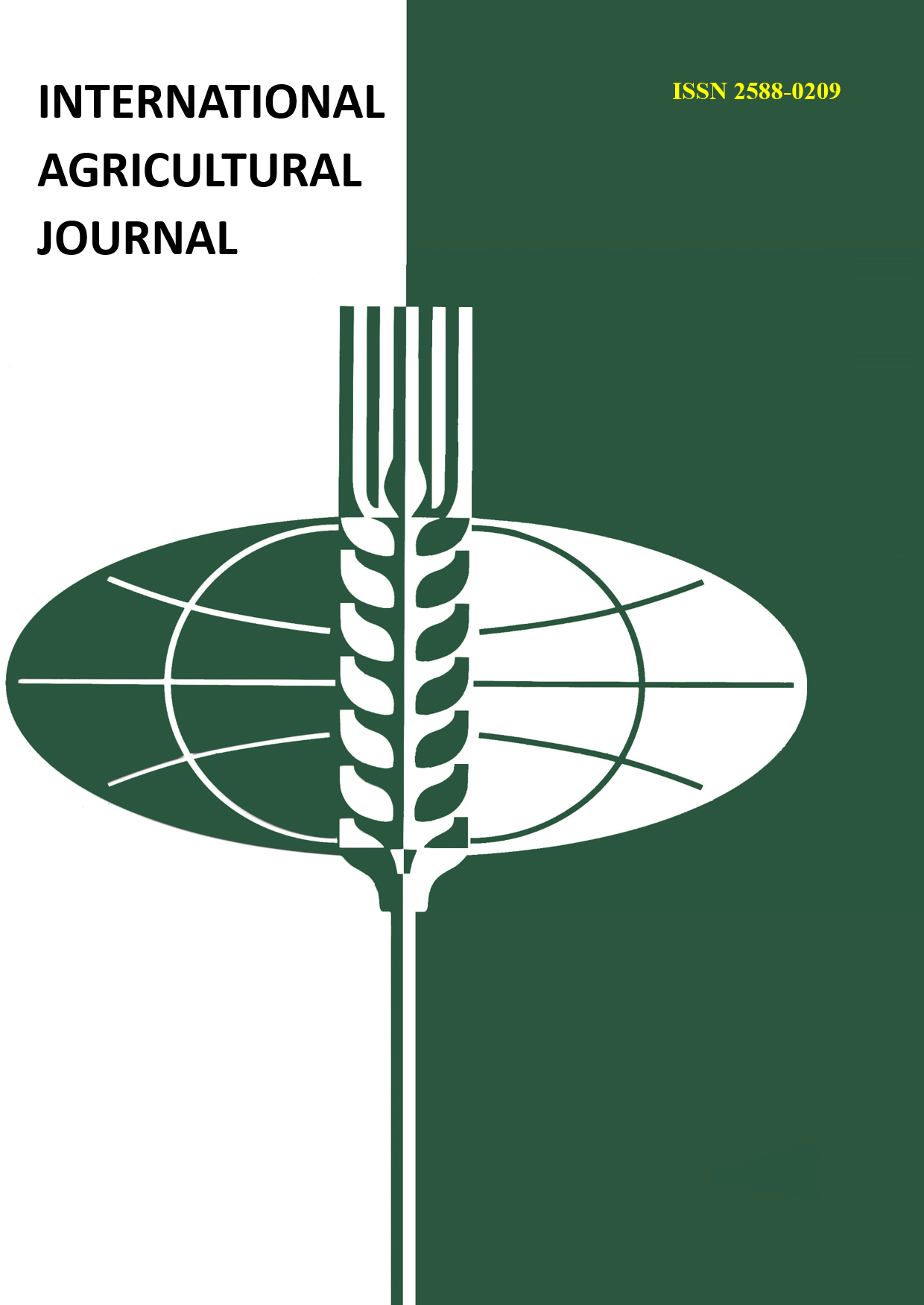The article deals with the problem of the state of forest resources, providing them with reliable information and organizing hunting farms in modern conditions. The authors noted that research on the study of the forest and the design of hunting grounds must be carried out at the level of a comprehensive assessment of the system as a whole, which is not only animals and hunters, but also includes their habitat. All types of hunting activities are due to natural and economic factors, which must be taken into account when conducting hunting management. Planning various kinds of activities should be carried out taking into account all the features of the environment, the life of the fauna, as an aggregate, inextricably linked. Significant difficulties in carrying out the work are associated with the low level of documentation on the activities of hunting farms. As a result, it is sometimes not possible to identify the results and take into account the experience of economic activities carried out, such as acclimatization of animals, land reclamation, the mode of operation of livestock and other factors, and in accordance with this, develop indicators necessary for calculations and regulation of hunting construction works. The use of forestry zoning ensures forest management on a zonal-typological basis. Modern features of drawing up projects for the development of forests for hunting are considered. An algorithm for finding ways to improve the potential of hunting grounds, developed on a zonal-typological basis, is proposed. Using it when studying the potential of hunting grounds, both in the region and in a separate hunting area, will allow us to consider the entire system as a whole.
ohota, ohotnich'i hozyaystva, ohotnich'i ugod'ya, potencial ohotnich'ih ugo-diy, zonal'no-tipologicheskaya osnova














